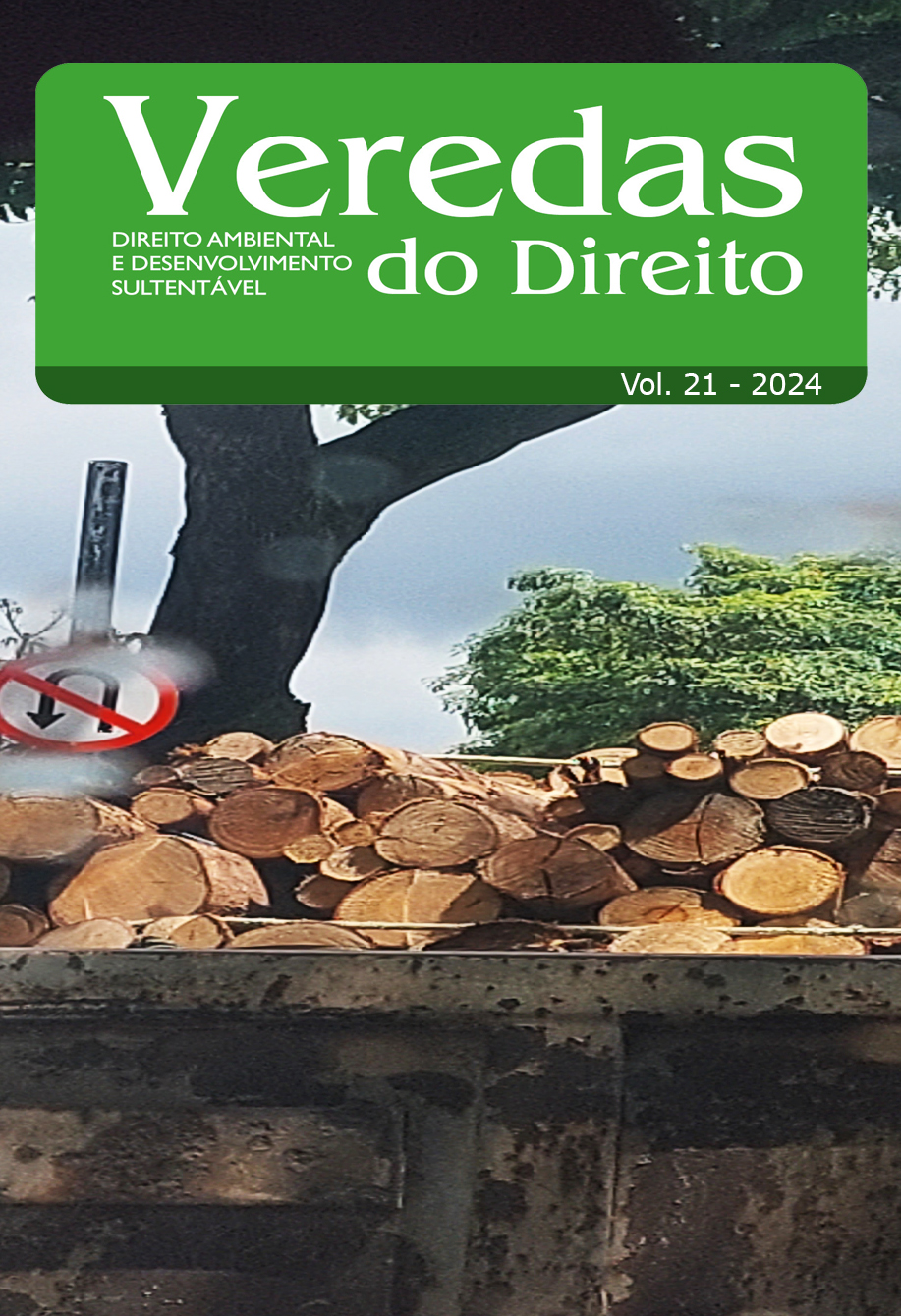THE PROFIT OF DEHUMANIZATION IN CAPITALISM AND THE COMMITMENT TO A NEW EPISTEMOLOGICAL-LEGAL CONSTRUCTION FOR SUSTAINABLE PRODUCTION
DOI:
https://doi.org/10.18623/rvd.v20.2636Abstract
This article aims to present an overview of Latin American legal-political reality in considering the crisis of the industrial capitalist economic system in its conversion to surveillance capitalism, which focuses its operation under new paradigms, without completely abandoning the material production of objects, making information their most precious commodity. The general objective of the article is to show that the evolution of capitalism presents a line of continuity that reveals a process of dehumanization of production and consumption and has a strong impact on peripheral developing countries, not as a natural consequence, but ideological of the referred process. The research method will be developed according to the guidelines of a qualitative study for a reflective and contextualized approach to the Latin American reality, resorting to a hypothetical deductive approach via an integrative and documentary review research method. In conclusion, it is understood that the new global context demands a critical and reflective review of our legal-political practices, which involves the construction of a new epistemological-hermeneutical structure that respects human rights and the perspectives toward sustainable and balanced development for everyone.
Published
How to Cite
Issue
Section
License
I (we) submit this article which is original and unpublished, of my (our) own authorship, to the evaluation of the Veredas do Direito Journal, and agree that the related copyrights will become exclusive property of the Journal, being prohibited any partial or total copy in any other part or other printed or online communication vehicle dissociated from the Veredas do Direito Journal, without the necessary and prior authorization that should be requested in writing to Editor in Chief. I (we) also declare that there is no conflict of interest between the articles theme, the author (s) and enterprises, institutions or individuals.
I (we) recognize that the Veredas do Direito Journal is licensed under a CREATIVE COMMONS LICENSE.
Licença Creative Commons Attribution 3.0







